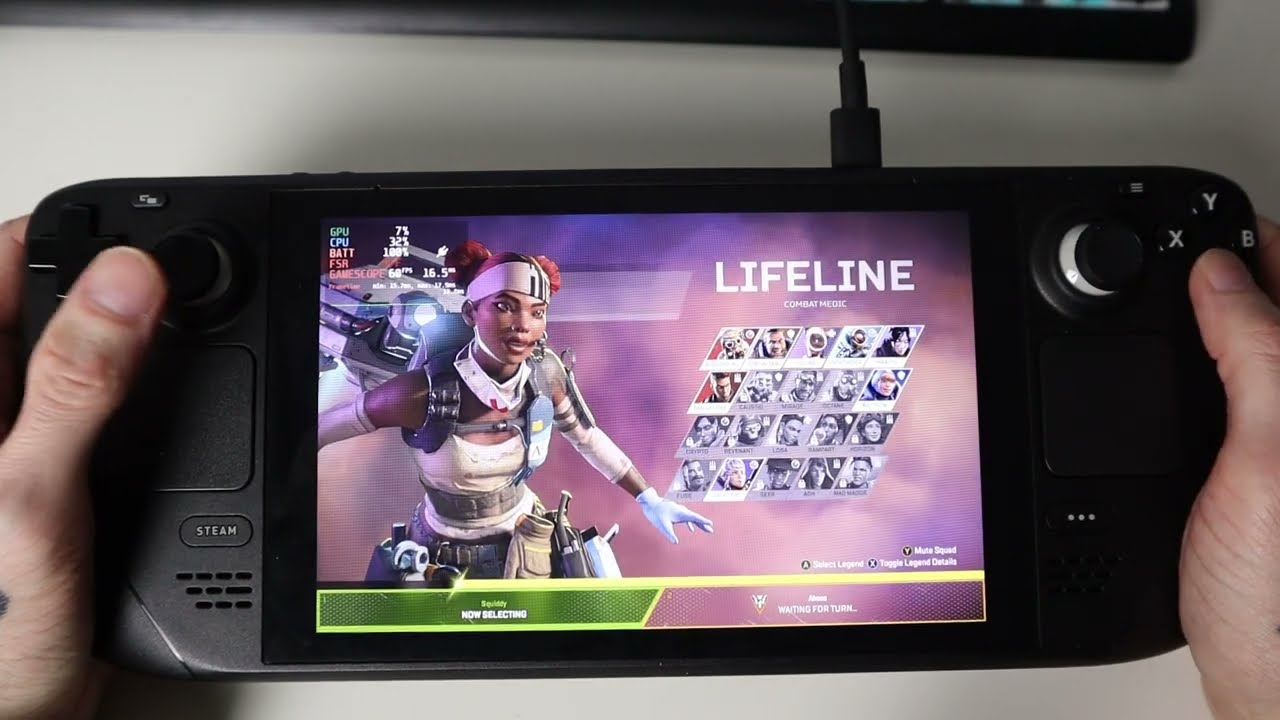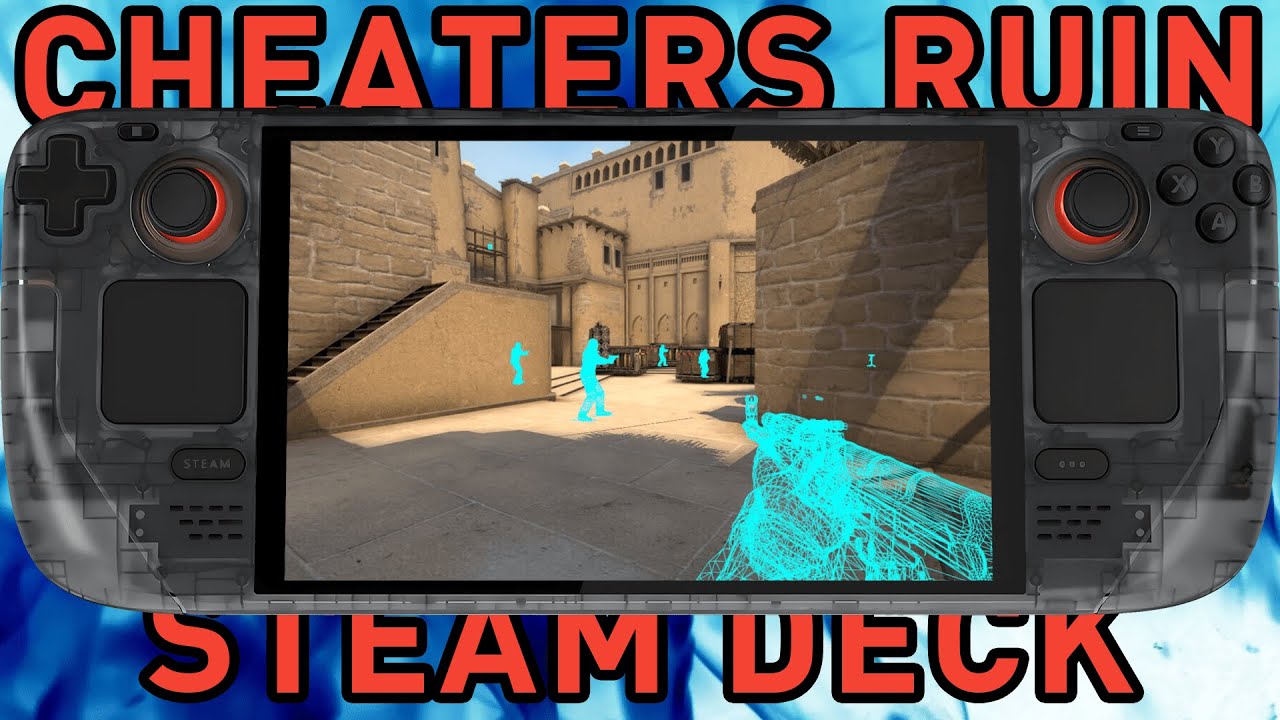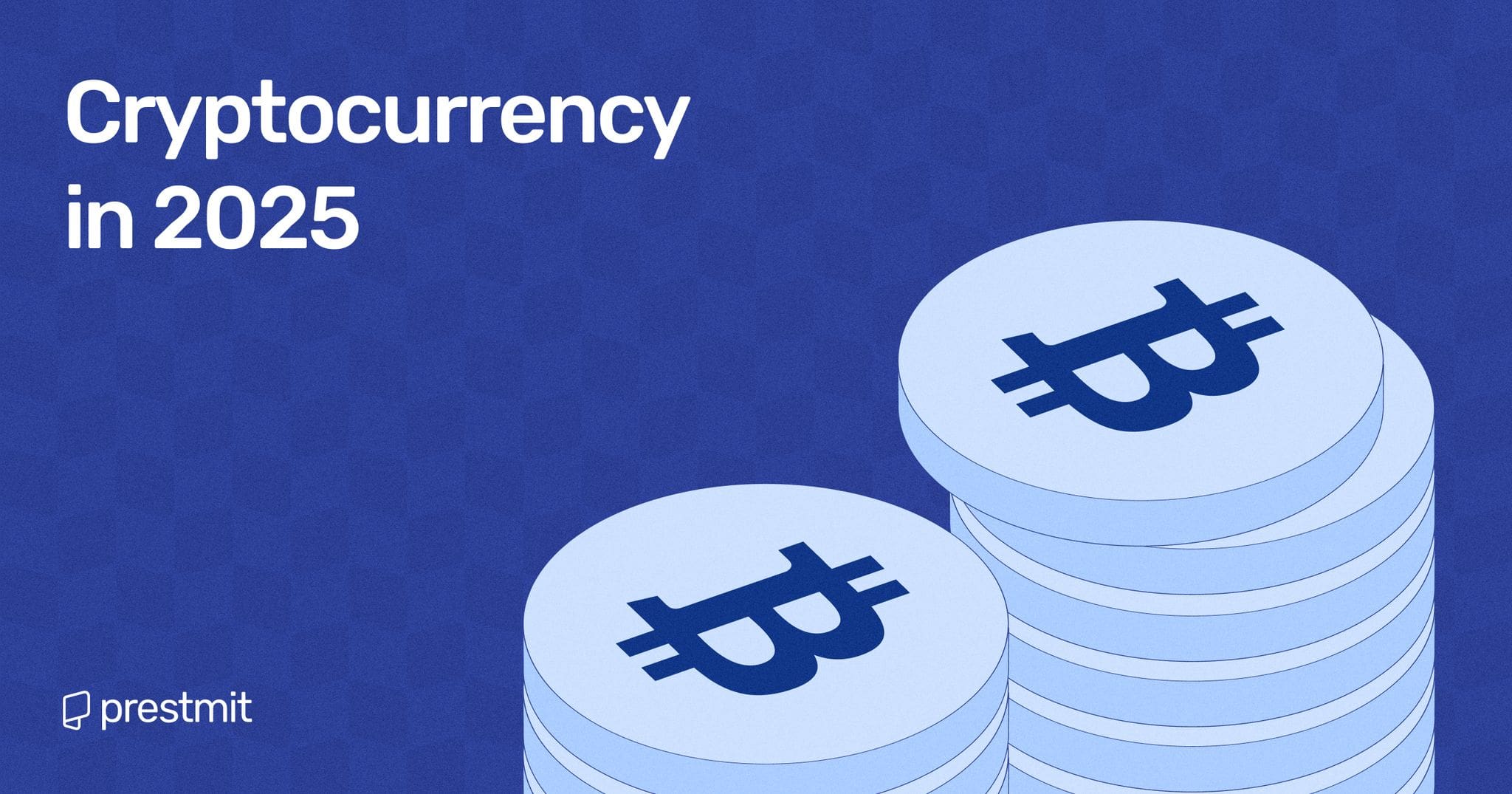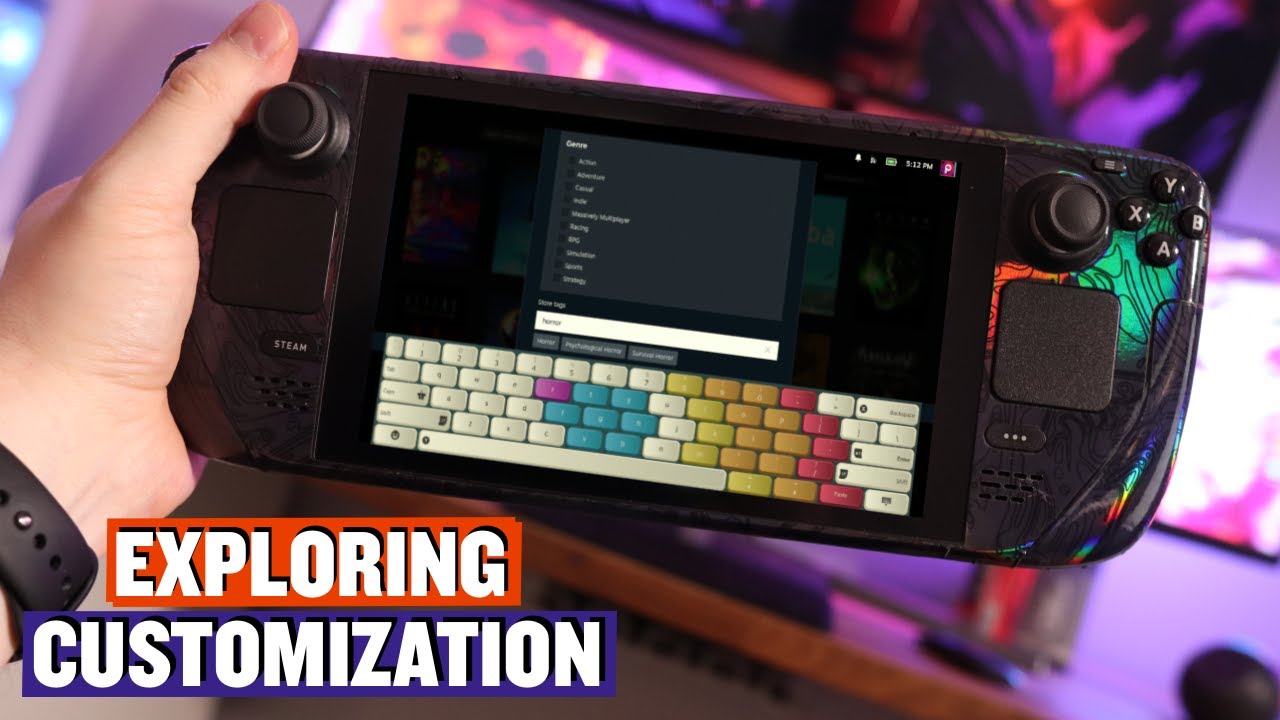
Apex Legends Leaves Steam Deck Players in the Lurch
The excitement and thrill of playing Apex Legends on the Steam Deck has taken a sharp turn, much to the disappointment of the gaming community. Recently, developer Respawn announced that due to rampant cheating issues linked to the Linux operating system, the hit battle royale title will no longer officially support the handheld. This decision has left many casual gamers, particularly those who enjoy unwinding with their devices, seeking alternative solutions.
While players can technically still access Apex Legends on their Steam Deck, it requires an additional step: installing Windows. To many, this barrier might be a deal-breaker. For the average gamer, who may delight in the convenience of portable play while lounging in bed or commuting, the idea of delving into operating systems and software installations can feel daunting.
 The convenience of portable gaming is a key selling point for many.
The convenience of portable gaming is a key selling point for many.
Respawn addressed the reasons behind this drastic move in a recent blog post, citing, “In our efforts to combat cheating in Apex, we’ve identified Linux OS as being a path for a variety of impactful exploits and cheats.” The blog explains that while it’s a tough call, they believe this course of action will significantly decrease instances of cheating, preserving an equitable playing field for loyal gamers.
The decision is not entirely surprising, especially when you consider how many sizable shooters have chosen not to support the Steam Deck. Popular titles such as Fortnite have also overlooked this flexible device. However, with Apex Legends breaking into the top 50 most played games on the platform in the past year, this sudden withdrawal feels like a punch to the gut for its steam-powered devotees.
Gaming as We Know It: The Changing Landscape
One of the hardest realizations for many players is that even when developers issue apologies or indications of future reconsideration, the damage to the experience may already be irreparable. This change begs the question: How much do portability and flexibility matter in our current gaming ecosystems?
With millions of players demanding cross-play and a more seamless gaming experience, it seems counterintuitive for Respawn to step back from a platform that embodies these very ideals. In a time where gaming is increasingly becoming accessible for all, are we willing to sacrifice our beloved handhelds for the sake of two steps forward, one step back?
 The ongoing battle against cheaters takes a toll on the gaming community.
The ongoing battle against cheaters takes a toll on the gaming community.
Community Impact
In the gaming world, community often dictates both the experience and the longevity of a title. With Apex Legends shifting gears, players are discussing not only the logistics of playing on Windows but also the implications of an expanding anti-cheat framework. As the technology for cheating continues to evolve, so must our methods of protection. Activating these measures shouldn’t come at the cost of player accessibility or enjoyment.
Furthermore, this isn’t merely a question about operating systems. It speaks volumes about how developers prioritize profit versus player experience. As Respawn aims to pull in more revenue with their dual battle passes per season—now only purchasable through real money—many gamers are voicing their frustration. One comment captures this sentiment poignantly: “Even when Respawn backpedals, the damage has already been done.”
Moving Forward
As we navigate through these changes, I encourage gamers to remain hopeful yet vigilant. Respawn has hinted that they’re looking to share further updates regarding their anti-cheat policies. While possible solutions could emerge, it’s vital that players remain informed and engaged in the conversation surrounding these shifts.
Until then, it appears that anyone looking to enjoy Apex Legends on the Steam Deck will need to put their tech knowledge to the test by forgoing Linux in exchange for Windows. Whether this new dynamic will evoke more players to embrace Windows gaming on handheld devices remains to be seen.
Will the Steam Deck find a way back to the hearts of its gamers? This question looms large as we engage with the unpredictable landscape of portable gaming.
In the absence of convenient solutions, my hope is that continued dialogue within the community leads to innovative alternatives for gamers seeking quality experiences that honor both competitive integrity and personal enjoyment. Whether it’s through a grassroots movement from gamers or a resurgence in developer support, we will continue to seek out exciting ways to play.














